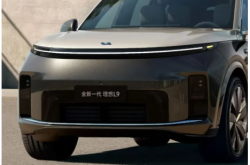Apple and Foxconn, both trapped in India? iPhone 16 orders returning to China
![]() 08/12 2024
08/12 2024
![]() 669
669
Last year, Apple and Foxconn announced with fanfare that they would increase production in India, producing the iPhone 15 simultaneously in India and mainland China for the first time.
Apple stated at the time that it aimed to manufacture at least 30% of its iPhones in India within the next 2-3 years. To achieve this, Foxconn, in collaboration with Apple, began recruiting and expanding capacity in India to produce more iPhones.
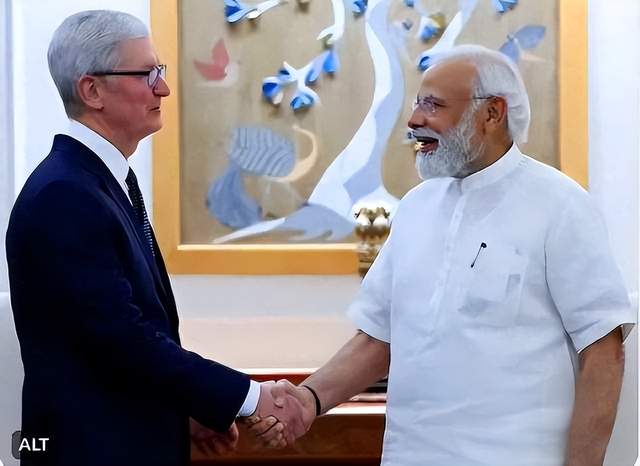
However, just a year later, rumors emerged of a shift in Apple's supplier strategy. According to media reports, Apple's transition to Indian production has not been smooth, leading to a decision to shift some production capacity back to China.
To align with Apple's production plans, Foxconn Zhengzhou has increased recruitment incentives and recruited workers on a large scale to produce the iPhone 16 series.
Moreover, to ensure smooth production of the iPhone 16, Tim Cook himself traveled to China to reorganize the supply chain, bringing in major manufacturers such as BYD and Luxshare Precision into the iPhone 16 supply chain as Apple's latest contract manufacturing partners.
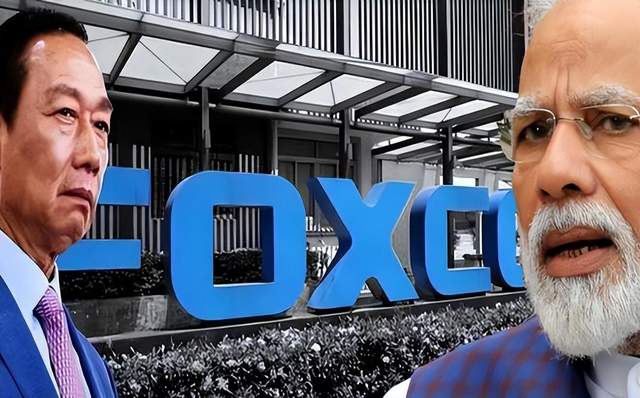
In fact, this situation is not surprising. Compared to Made in China, Made in India is still relatively immature.
Although India has a large population, its workers lack sufficient skills, resulting in poor production yields and inadequate hygiene management. Consequently, last year's iPhone production was inefficient, of low quality, and even had excessive levels of E. coli, triggering global boycotts.
Furthermore, India's mobile phone supply chain is incomplete, and many components cannot be manufactured locally. Apple's iPhone production in India primarily involves importing components from China for assembly in India.
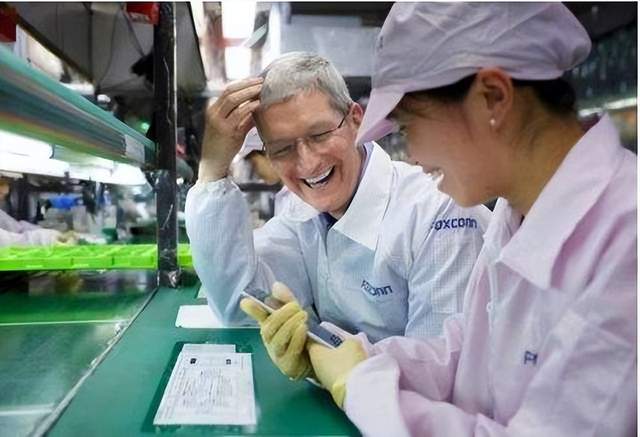
Additionally, India's market environment is immature, and its business support system is inadequate. India is always looking to take advantage of foreign companies, making it difficult for foreign investment to operate smoothly. Xiaomi, OPPO, and Vivo have all encountered such issues.
The iPhone 16 is crucial for Apple, as its smartphone innovations have struggled to keep pace with domestic Android phones, which are globally challenging Apple's position.
Apple cannot afford any mishaps with the iPhone 16, necessitating the return of orders to mainland China to ensure stable production.
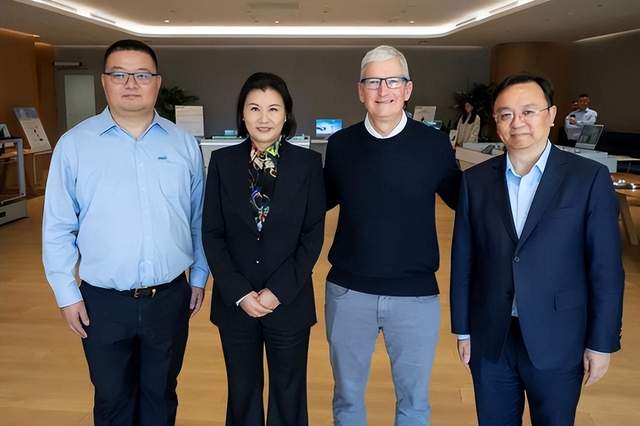
This is a positive development for domestic supply chains and Made in China.
However, for Foxconn, this may not be as favorable. With heavy investments tied to Apple and plans to expand in India, Foxconn is now facing the unexpected slowdown by Apple, who has also awarded some orders to BYD, forcing Foxconn to adjust its pace accordingly.
Nonetheless, in the long term, Apple's investment strategy in India remains unchanged, as the Indian market holds immense potential, despite the current slowdown.


